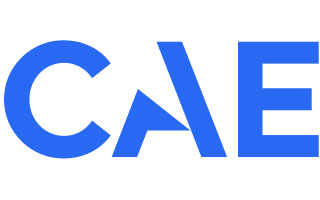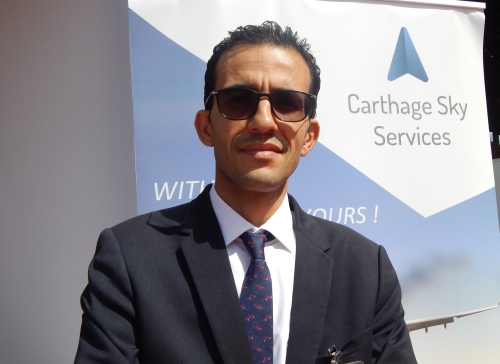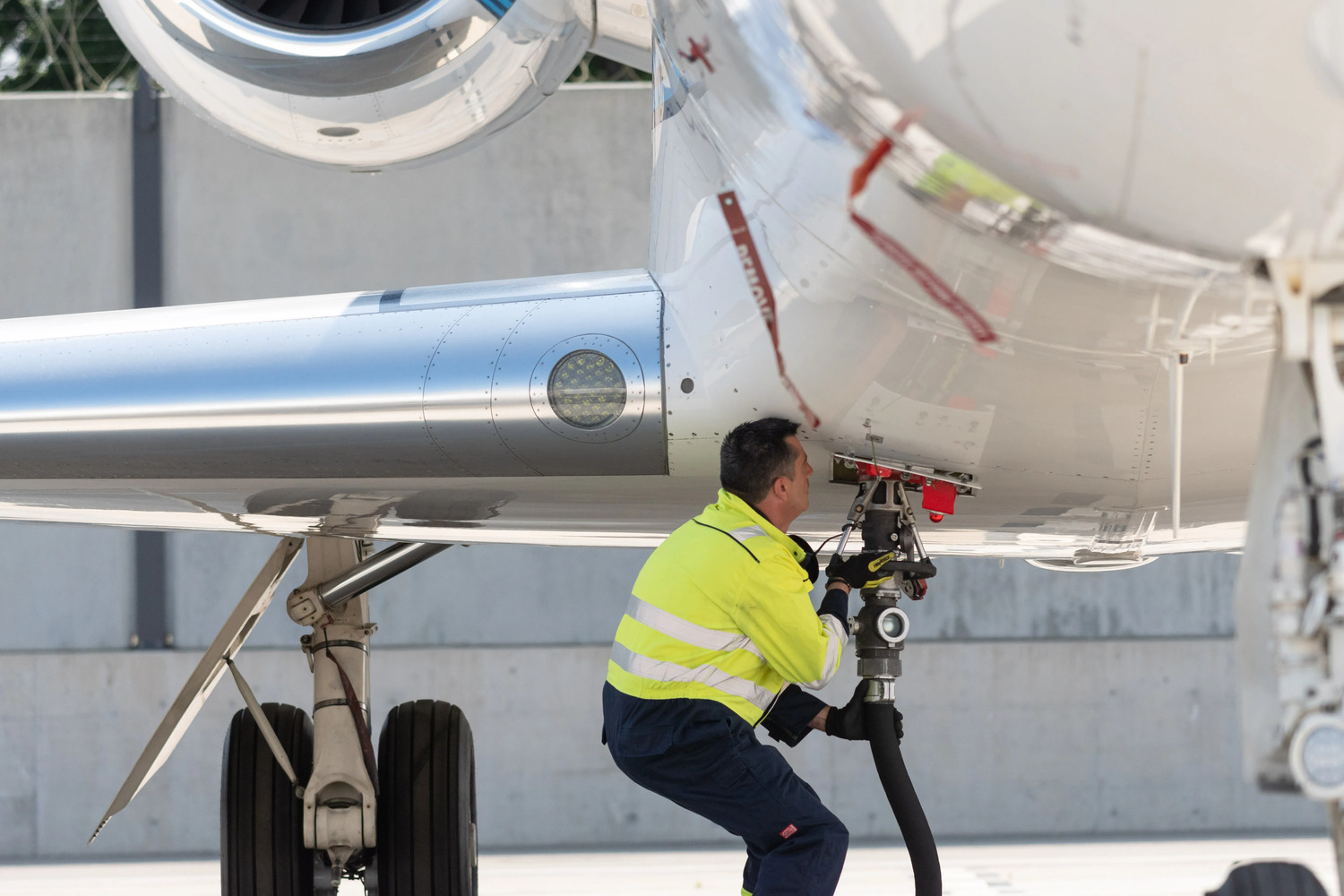As 2019 came to an end, Tunisia looked set to break a record by welcoming nine million tourists in a single year. In the tourism wake, the business aviation sector looks set to benefit enormously.
According to The Middle East and North Africa Business Aviation Association (MEBAA), markets for private aviation are expanding worldwide. While there are many private aircraft charter companies and related businesses already serving the major cities, demand is growing in many “smaller” markets like Tunisia.
Carthage SKY Services has been growing fast since its launch in 2014. The Tunisian start-up offers a wide range of services from VIP and VVIP flights to catering and fuelling at Tunisian airports.
Today, it is an international trip-planning and flight management company specialising in providing regulatory authorisations and ground support services to aircraft operators around the world.
The company is evolving from an airline representative into what is now a worldwide flight support provider for a full suite of aviation services as well as FBO, general sales agent (GSA), operations control centre (OCC), air operations supervisor and executive lounge facilities.
Carthage SKY Services achieved ISO9001, ISO14001 and OHSAS 18001 quality certifications early 2019.
Located at Tunis Carthage Airport, it serves the main international airports of the country. These are managed by OACA, the public body in charge of the management, development and operation of the seven Tunisian international airports – Tunis-Carthage, Djerba-Zarzis, Sfax-Thyna, Tozeur-Nefta, Tabarka-Ain Draham, Gafsa-Ksar, and Gabes Matmata.
According to CEO, Montasser Channoufi, the key ingredients are there to make Tunisia an important business aviation hub.
The country benefits from its strategic geographical position, he believes. There are many flights in transit. Tunisia can become the centre of gravity for business aviation customers willing to travel to Africa or the US. Carthage SKY Services has, therefore, a huge potential to provide its services to worldwide operators.
“Today, the country welcomes 650 flights per year. This segment is expected to grow from 25 to 30%. We must get prepared to get our share of the market,” he emphasised.
Carthage SKY Services aims at having a full FBO, integrating support and MRO activities, in 2020. Channoufi added that, alongside positive estimates, the political situation is also moving in the right direction; the country has embarked on a new phase and its institutions are stable, with the highest level of security.
Carthage SKY Services is now a member of MEBAA. For its CEO, this is an opportunity to belong to an extended community of the world’s future shapers and interact with a valuable international network.
Channoufi said MEBAA defends the interest of operators. “Networking is vital in this sector to learn to know other members share experiences, discuss important issues, and find adequate solutions to progress with a pragmatic approach.” Channoufi believes that 2020 will bring multiple emerging opportunities. This improvement will also be seen in the air transport sector, with the emergence of new airlines like Jasmin Airways.
Tunisia is preparing to sign an open sky agreement with the European Union after almost 10 years of discussion. A memorandum of understanding (MoU) was signed in December 2017. According to acting Minister of Transport and Tourism, René Trabelsi, the agreement will be signed this month. The support and commitment of the Tunisian Government and authorities, coupled with private initiatives, clearly carves the way for a flourishing business aviation sector.
Source: www.africanaerospace.aero













